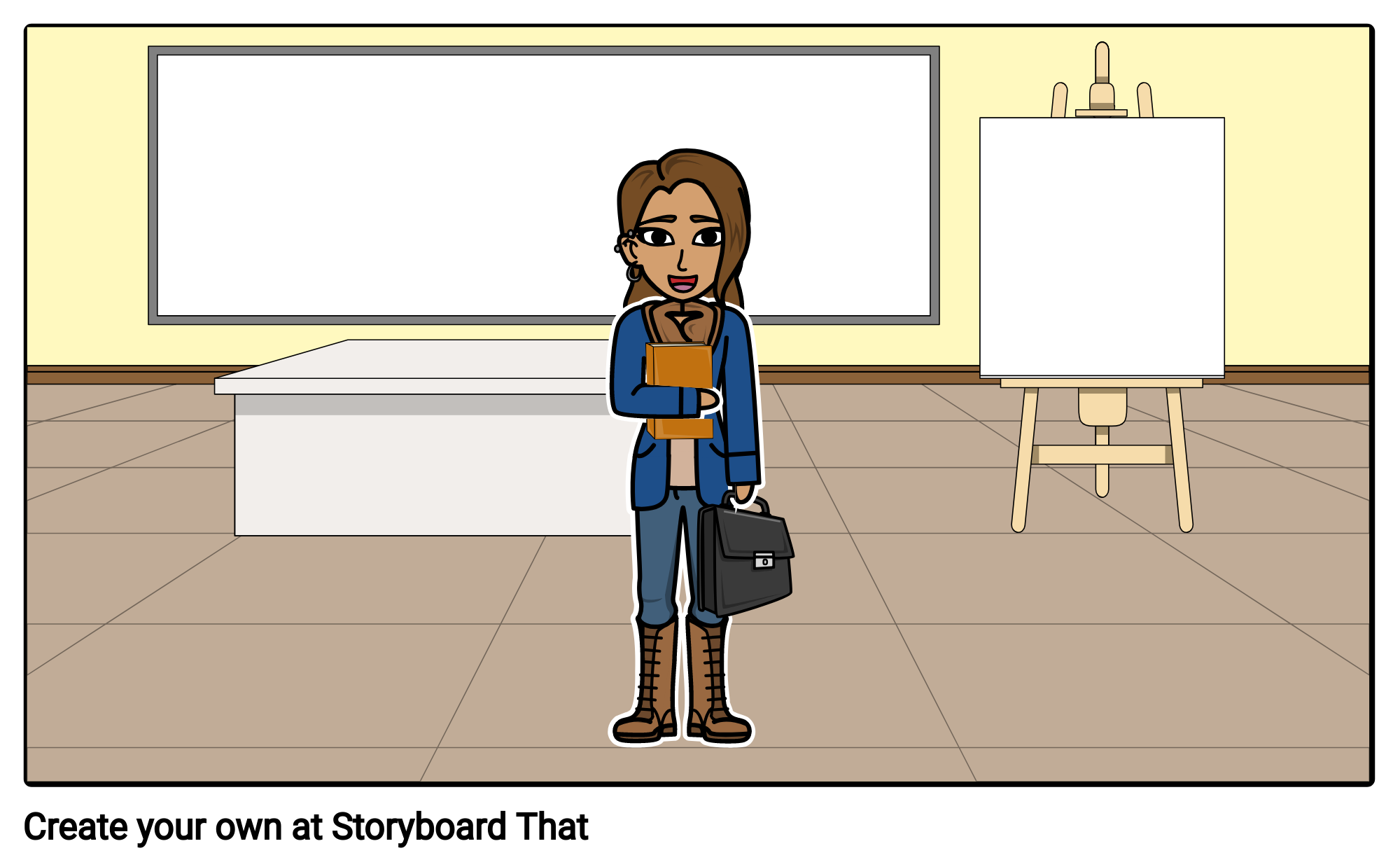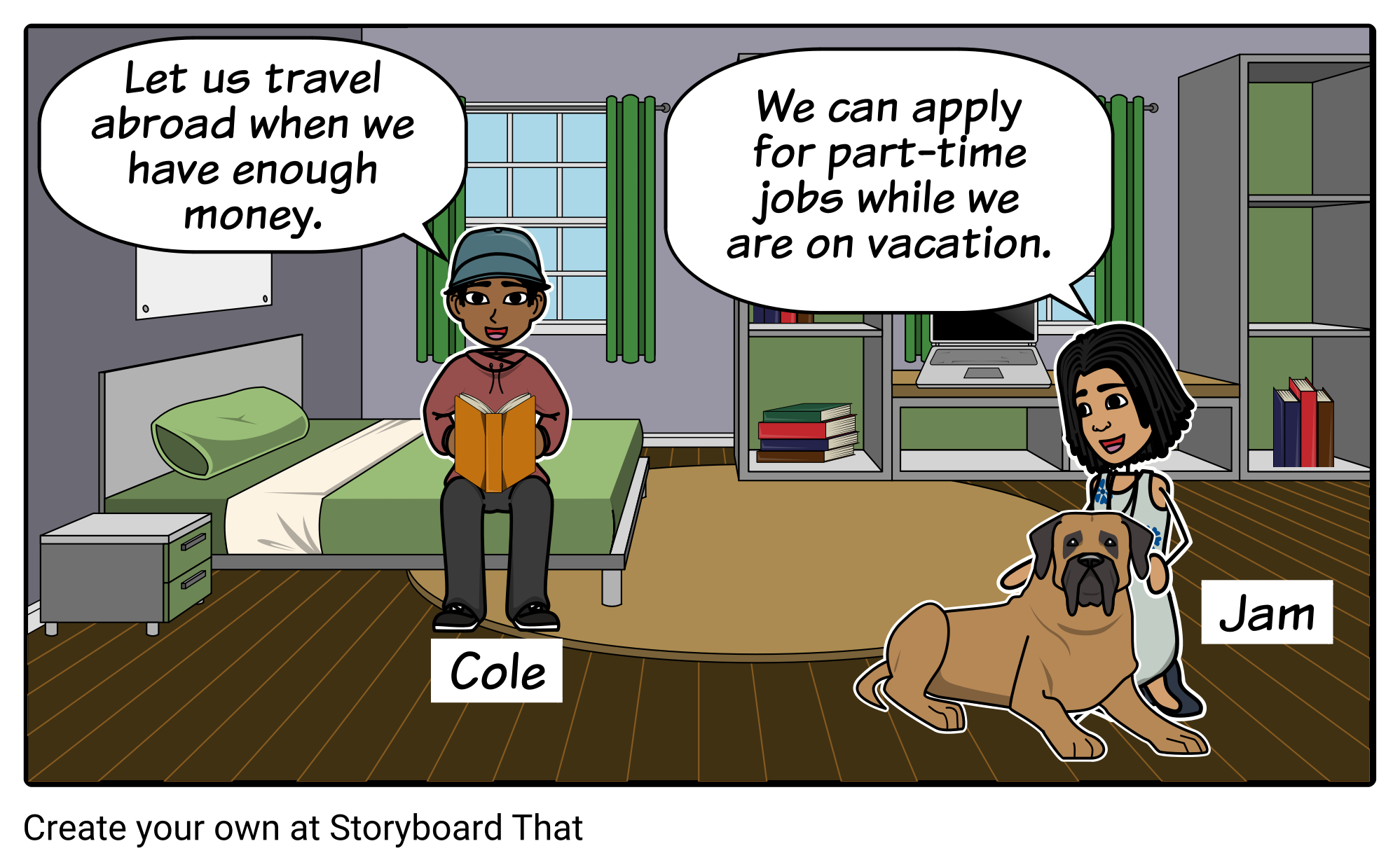
Pia is a college student. She writes notes while her professors are discussing. She goes to the library when she needs to study for her exams. She loves watching movies, so she goes to the cinema when she has time.
1. What does she do while her professors are discussing?
| Answer: _________________________________________________________________________________________________ |
2. When does she go to the library?
| Answer: _________________________________________________________________________________________________ |
3. What does she do when she has time?
| Answer: _________________________________________________________________________________________________ |

“…while…”
“…when…”
1. What will they do when they have enough money?
| Answer: _________________________________________________________________________________________________ |
2. What is Cole doing while Jam is playing with the dog?
| Answer: _________________________________________________________________________________________________ |
3. What can they do while they are on vacation?
| Answer: _________________________________________________________________________________________________ |
1. Do you like listening to music while you are studying? Why or why not?
| Answer: _________________________________________________________________________________________________ |
2. Where do you usually go when you are bored?
| Answer: _________________________________________________________________________________________________ |
3. What do you usually do while waiting for someone?
| Answer: _________________________________________________________________________________________________ |
4. Do you bring your phone when you go to school? Why or why not?
| Answer: _________________________________________________________________________________________________ |
5. Do you help your parents when they cook?
| Answer: _________________________________________________________________________________________________ |
| Grammar 文法 |
Pronunciation 発音 | Vocabulary 単語 |
Comprehension 理解 |
|
|---|---|---|---|---|
 GOOD GOOD |
文法の誤りはほとんどなく、完全な文章で話すことができる | ほとんどの単語をはっきりと正しく発音することができる | 習った表現を適切に使うことができる | 文章を理解し、質問に正しく答えることができる |
 FAIR |
文法の誤りはあるが、完全な文章で話すことができる | 発音の練習が必要な言葉がいくつかある | たまにミスはあるが、習った表現を適切に使うことができる | 文章を完全に理解するのは難しく、質問に正しく答えられないときもある |
 POOR |
文章で話すのは難しく、単語だけで話すことができる | 発音の練習が必要である | 習った単語と表現を少しだけ使うことができる | 文章を理解するのは難しく、質問に答えるのは難しい |
レッスン教材の改善・拡充を図ることを目的とし、アンケートを実施しております。
以下のURLからアンケートにお答えいただき、 ご意見・ご要望をお聞かせください。
アンケートはこちら